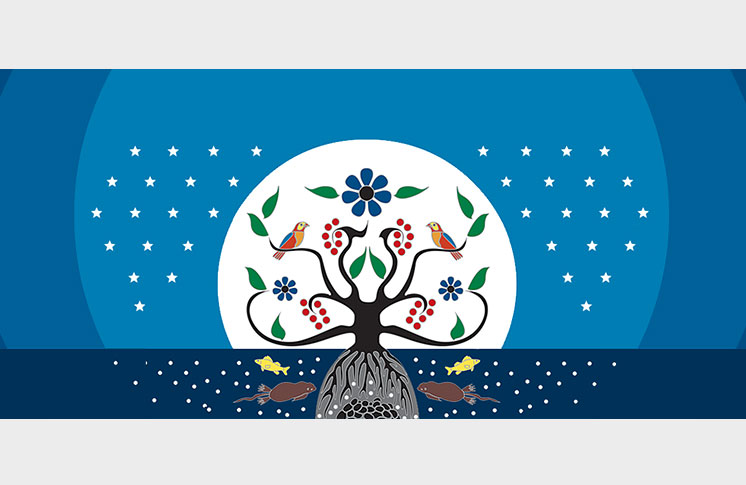
This is a Well Living House project. Well Living House is an action research centre for Indigenous infants, children, and their families’ health and well-being.
Learn more about Well Living House
Well Living House is exploring the most effective ways to deliver Indigenous Cultural Safety Training to health-care providers.
As a result of the historical and ongoing impacts of both systemic and attitudinal racism on Indigenous health and health care access in Canada, the relationship between health-care professionals and Indigenous patients presents a critical, necessary, and promising juncture for intervention. We are exploring interventions that aim to motivate health-care professionals to identify and address their biases towards Indigenous peoples by:
- Developing and using an Indigenous-specific Implicit Association Test (IAT) that assesses race preference to increase self-awareness.
- Developing and testing an innovative health-care professional education program on Indigenous cultural safety that shares information information about the harmful impacts of bias on Indigenous health, such as the link to differential decision making and treatment in health-care contexts.
We are conducting a randomized trial involving 200 multi-disciplinary staff members (e.g. physicians, nurses, clerks, students) at St. Michael’s Hospital across different clinical units (e.g. family medicine, surgery, psychiatry, emergency medicine, gastrointestinal medicine). We will divide trial participants into three different groups. Group A will receive 20 hours of online training delivered over the course of 2-3 months followed by three face-to-face sessions. Group B will receive a two-hour education session followed by phone call debriefs. Group C will not receive the intervention.
The findings from Reconciling Relationships will serve as new evidence for wise practices concerning the administration and evaluation of Indigenous Cultural Safety Training for health care professionals. It is anticipated that these practices will be scaled-up and adapted to diverse health settings across Canada.
